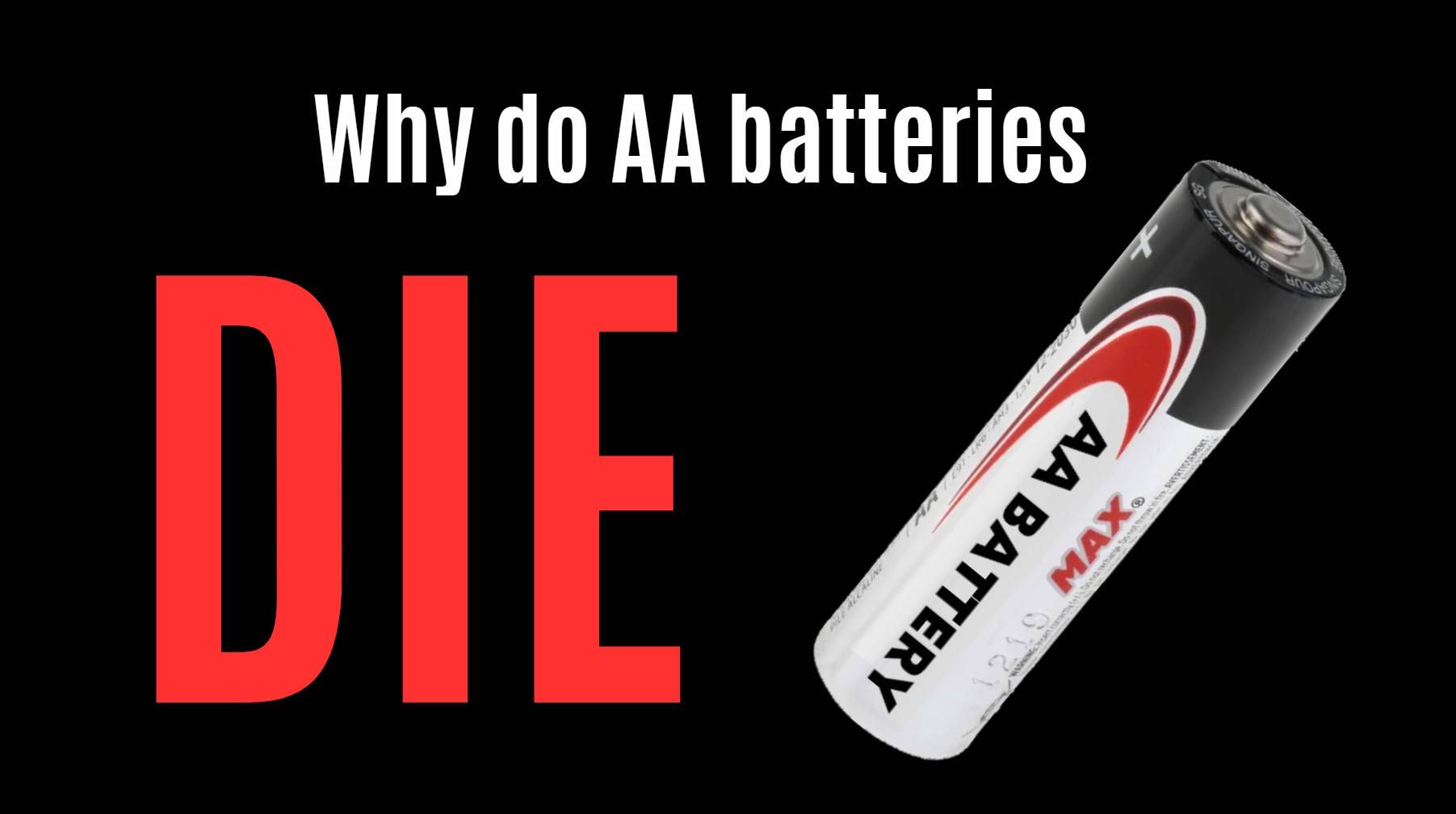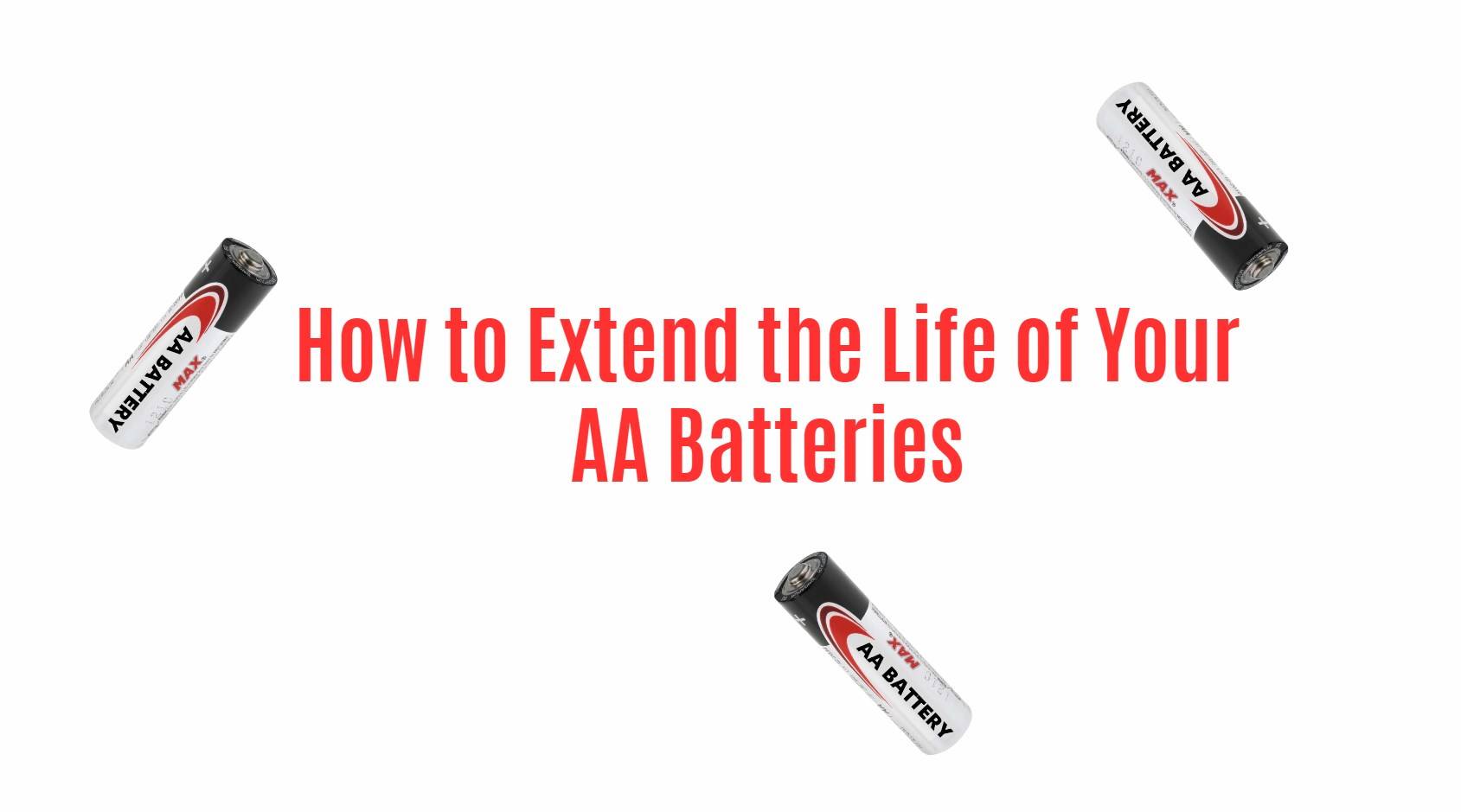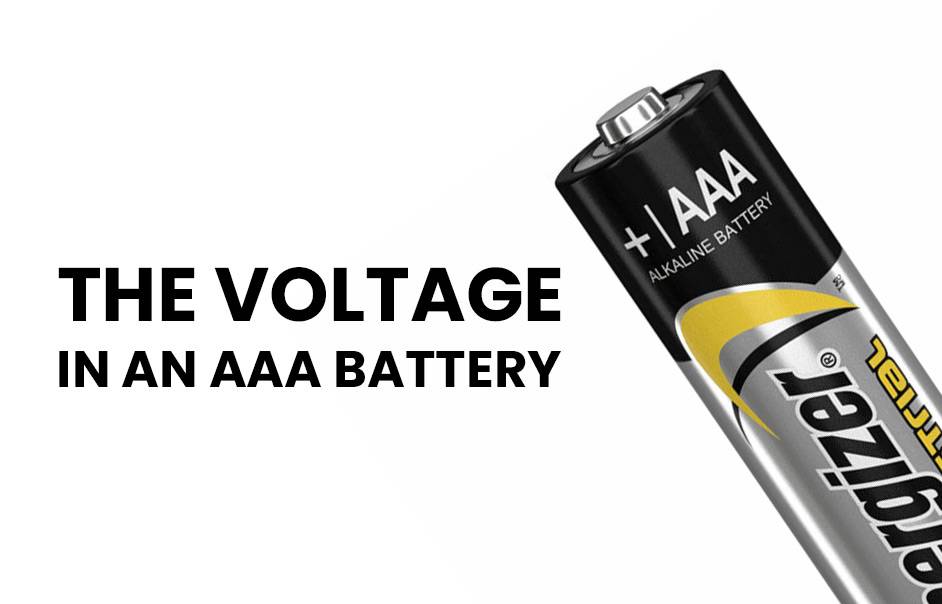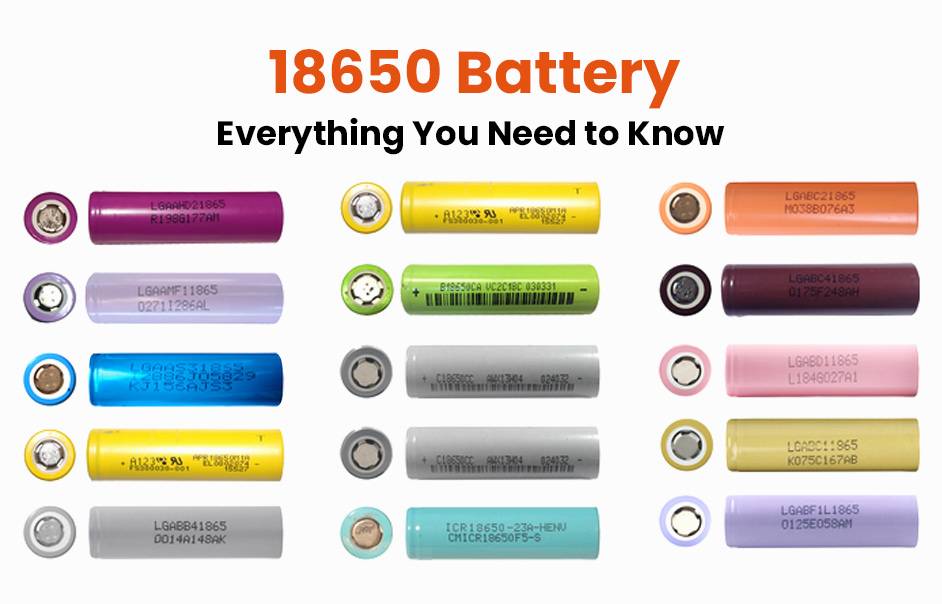- Lithium Golf Cart Battery
- Forklift Lithium Battery
-
48V
- 48V 210Ah
- 48V 300Ah
- 48V 420Ah (949 x 349 x 569 mm)
- 48V 420Ah (950 x 421 x 450 mm)
- 48V 456Ah
- 48V 460Ah (830 x 630 x 590 mm)
- 48V 460Ah (950 x 421 x 450 mm)
- 48V 460Ah (800 x 630 x 600 mm)
- 48V 460Ah (820 x 660 x 470 mm)
- 48V 500Ah
- 48V 560Ah (810 x 630 x 600 mm)
- 48V 560Ah (950 x 592 x 450 mm)
- 48V 600Ah
- 48V 630Ah
-
48V
- 12V Lithium Battery
12V 150Ah Lithium RV Battery
Bluetooth App | BCI Group 31
LiFePO4 Lithium
Discharge Temperature -20°C ~ 65°C
Fast Charger 14.6V 50A
Solar MPPT Charging - 24V Lithium Battery
- 36V Lithium Battery
- 48V Lithium Battery
-
48V LiFePO4 Battery
- 48V 50Ah
- 48V 50Ah (for Golf Carts)
- 48V 60Ah (8D)
- 48V 100Ah (8D)
- 48V 100Ah
- 48V 100Ah (Discharge 100A for Golf Carts)
- 48V 100Ah (Discharge 150A for Golf Carts)
- 48V 100Ah (Discharge 200A for Golf Carts)
- 48V 150Ah (for Golf Carts)
- 48V 160Ah (Discharge 100A for Golf Carts)
- 48V 160Ah (Discharge 160A for Golf Carts)
-
48V LiFePO4 Battery
- 60V Lithium Battery
-
60V LiFePO4 Battery
- 60V 20Ah
- 60V 30Ah
- 60V 50Ah
- 60V 50Ah (Small Size / Side Terminal)
- 60V 100Ah (for Electric Motocycle, Electric Scooter, LSV, AGV)
- 60V 100Ah (for Forklift, AGV, Electric Scooter, Sweeper)
- 60V 150Ah (E-Motocycle / E-Scooter / E-Tricycle / Tour LSV)
- 60V 200Ah (for Forklift, AGV, Electric Scooter, Sweeper)
-
60V LiFePO4 Battery
- 72V~96V Lithium Battery
- Rack-mounted Lithium Battery
- E-Bike Battery
- All-in-One Home-ESS
- Wall-mount Battery ESS
-
Home-ESS Lithium Battery PowerWall
- 24V 100Ah 2.4kWh PW24100-S PowerWall
- 48V 50Ah 2.4kWh PW4850-S PowerWall
- 48V 50Ah 2.56kWh PW5150-S PowerWall
- 48V 100Ah 5.12kWh PW51100-F PowerWall (IP65)
- 48V 100Ah 5.12kWh PW51100-S PowerWall
- 48V 100Ah 5.12kWh PW51100-H PowerWall
- 48V 200Ah 10kWh PW51200-H PowerWall
- 48V 300Ah 15kWh PW51300-H PowerWall
PowerWall 51.2V 100Ah LiFePO4 Lithium Battery
Highly popular in Asia and Eastern Europe.
CE Certification | Home-ESS -
Home-ESS Lithium Battery PowerWall
- Portable Power Stations
Why Do AA Batteries Die and How Can You Extend Their Life?

AA batteries can die prematurely due to various factors, including usage patterns, temperature extremes, and self-discharge rates. Understanding these elements can help users maximize battery life and ensure reliable performance in their devices.
What factors contribute to the lifespan of AA batteries?
The lifespan of AA batteries is influenced by several key factors:
- Battery Chemistry: Different chemistries (alkaline, lithium, NiMH) have varying lifespans.
- Usage Patterns: High-drain devices consume batteries faster than low-drain ones.
- Environmental Conditions: Temperature and humidity levels can significantly impact performance.
| Factor | Description |
|---|---|
| Battery Chemistry | Determines energy density and discharge rates |
| Usage Patterns | High-drain vs. low-drain devices |
| Environmental Conditions | Extreme temperatures can reduce lifespan |
How do usage patterns affect the longevity of AA batteries?
Usage patterns play a crucial role in determining how long AA batteries last:
- High-Drain Devices: Devices like digital cameras or gaming controllers drain batteries quickly.
- Low-Drain Devices: Remote controls or wall clocks use less power, allowing batteries to last longer.
- Intermittent Use: Frequently turning devices on and off can lead to increased wear.
Why is temperature a critical factor in battery performance?
Temperature affects battery performance in several ways:
- High Temperatures: Excessive heat can accelerate chemical reactions, leading to faster degradation.
- Low Temperatures: Cold conditions can slow down reactions, resulting in reduced capacity temporarily.
- Optimal Range: Keeping batteries within a moderate temperature range (20°C to 25°C) ensures better performance.
| Temperature Impact | Description |
|---|---|
| High Temperatures | Accelerates degradation |
| Low Temperatures | Reduces effective capacity |
| Optimal Range | Ensures better overall performance |
How does self-discharge impact the lifespan of AA batteries?
Self-discharge refers to the phenomenon where a battery loses charge even when not in use:
- Rate of Self-Discharge: Alkaline batteries typically have a low self-discharge rate, while rechargeable NiMH batteries may lose charge more quickly when idle.
- Storage Conditions: Storing batteries in extreme temperatures can increase self-discharge rates, leading to faster depletion.
What role does battery chemistry play in how long they last?
Battery chemistry significantly influences lifespan:
- Alkaline Batteries: Commonly used for everyday devices, they offer good shelf life but may not perform well under high drain.
- Lithium Batteries: Generally have a longer shelf life and perform better in extreme temperatures.
- Nickel-Metal Hydride (NiMH): Rechargeable option with decent capacity but higher self-discharge rates compared to alkaline.
| Battery Type | Lifespan Characteristics |
|---|---|
| Alkaline | Good for low-drain applications |
| Lithium | Longer shelf life and better performance |
| NiMH | Rechargeable but higher self-discharge |
What are the signs that an AA battery needs replacing?
Common signs that indicate an AA battery may need replacing include:
- Diminished Performance: Devices powered by the battery operate sluggishly or inconsistently.
- Corrosion: Visible corrosion on terminals or leakage indicates failure.
- Shorter Runtime: The device requires more frequent replacements than usual.
Tips for Battery Wholesale Buyers
When considering bulk purchases or OEM orders, it’s crucial to select reliable manufacturers like Redway Power, known for their high-quality lithium-ion solutions with over 13 years of experience. The process involves:
- Identifying your specific needs regarding capacity and application.
- Requesting quotes from manufacturers while ensuring compliance with industry standards.
- Evaluating the manufacturer’s ability to meet your production timelines and quality requirements.
Redway Power Expert Views
“Understanding the factors that influence AA battery longevity is essential for both consumers and manufacturers,” states an expert from Redway Power. “By following best practices for usage and storage, users can significantly enhance their experience with these everyday power sources.”
FAQ Section
- What causes AA batteries to die?
Factors include usage patterns, temperature extremes, self-discharge rates, and chemical composition. - How long do AA batteries typically last?
The lifespan varies based on usage; alkaline batteries generally last between 5 to 10 hours in high-drain devices. - How can I maximize my AA battery life?
Choose high-quality brands, store them properly, remove them from devices when not in use, and consider rechargeable options.















